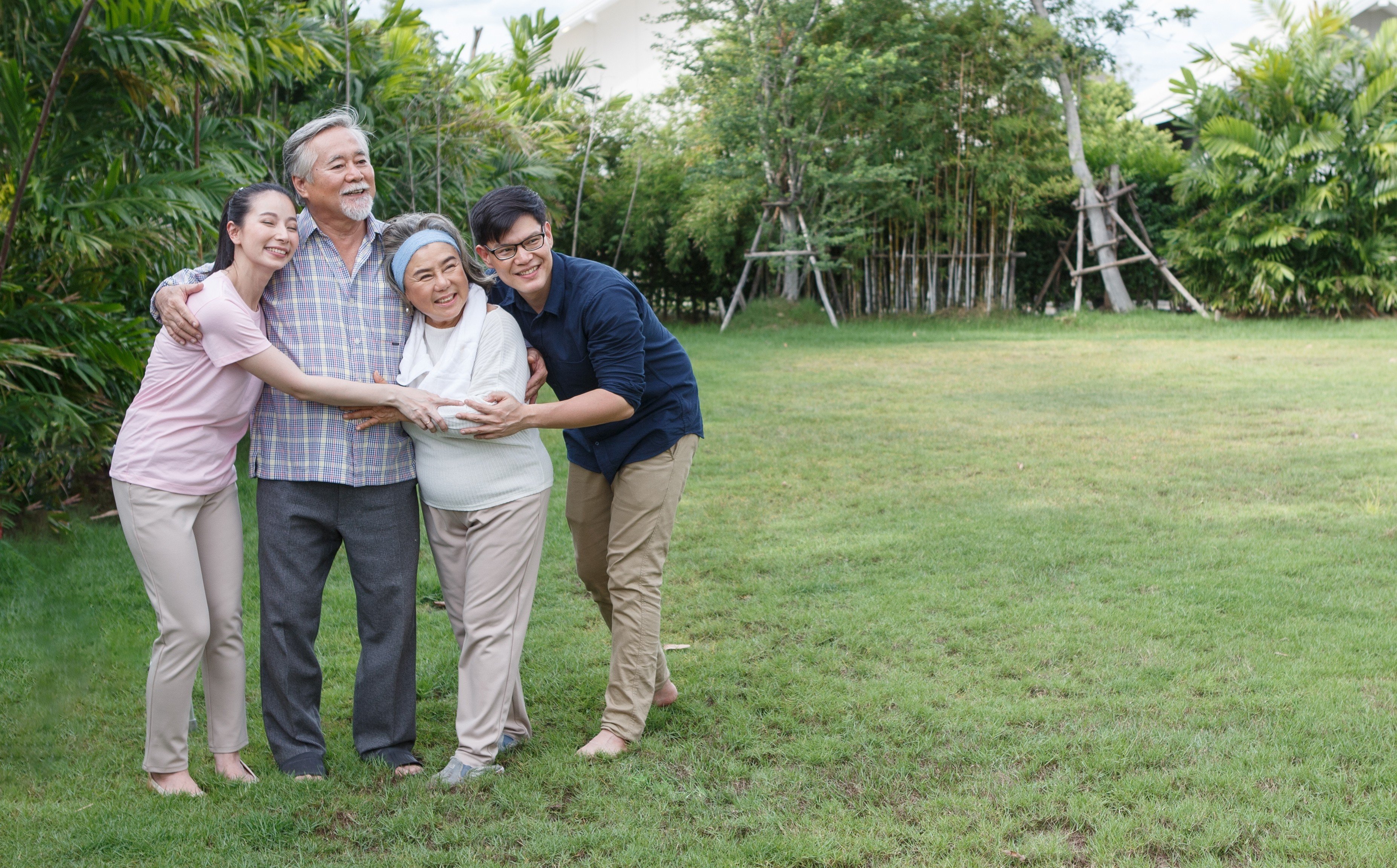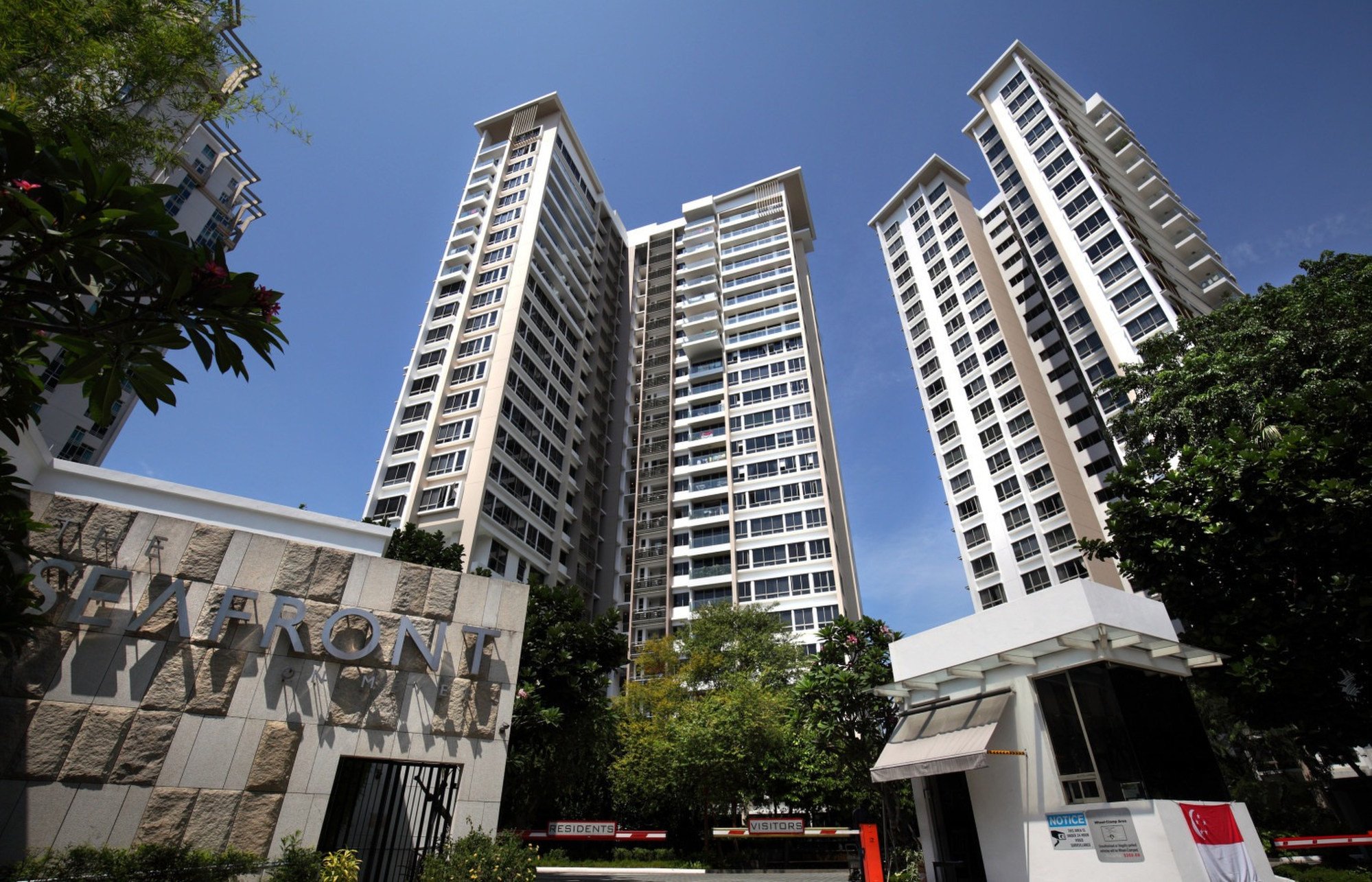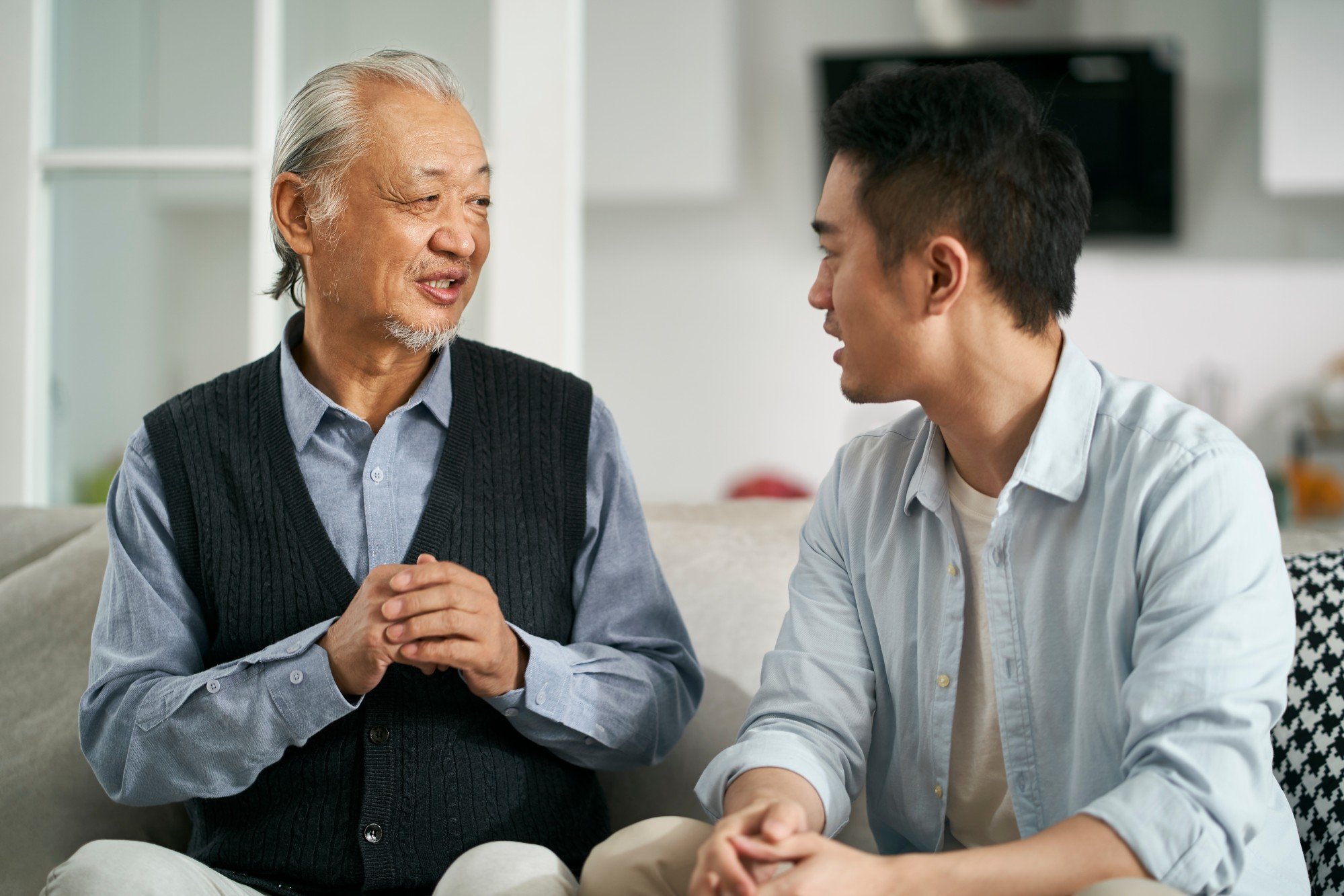Singapore’s housing challenge: why some young adults still live with their parents
High property costs and cultural norms keep many Singaporeans living with parents, as singles face challenges buying homes as adults

Singaporean Xu Wei Jie, 43, has never moved out of his parents’ home and has no plans of doing so any time soon.
While he had considered buying his own flat nearby several years ago, Xu, who is single, found property prices to be too high.
His attachment to his home and desire to be close to his family also outweigh his need for personal space.
“There are all these expectations that once you reach a certain age in Singapore, you have to buy a home. Otherwise, I get the sense I would be seen as somehow less of a person who hasn’t become an ‘adult’,” said Xu, an executive in the education sector.
The issue of Singaporeans not moving out of their familial homes was cast into the spotlight recently following a court case in which a 62-year-old woman who lived under her parents’ roof for 27 years unsuccessfully sued her 91-year-old mother for evicting her.
Rita Kishinchand Bhojwani, the daughter, argued that her eviction was unlawful as it violated her right to live in the flat rent-free for the rest of her life. She filed a lawsuit against her mother, the family company, and a director of the firm.
Her eviction in 2021 occurred amid several legal suits Bhojwani started against her older brother, Sunil – which her mother, Maya Kishinchand, opposed.
According to the defendants, Bhojwani’s behaviour resulted from her parents’ decision to leave all their property to her brother in their will. Her mother also testified a US$5 million trust fund had been set up to provide for her.
Judicial Commissioner Christopher Tan said that Bhojwani’s evidence did not support her claim, even at face value, and ruled in favour of the defendants who submitted that they had no case to answer.
While the case centred on a squabble in a well-to-do family, it underscored the wider trend of adult offspring not moving out of their parents’ home in land-scarce Singapore.

Online users were quick to berate Bhojwani, calling her ungrateful and char siu, Cantonese for barbecued pork, but in this context, an allusion to the Cantonese phrase: “Giving birth to char siu is better than giving birth to you”.
Others were more accommodating, with one writing: “My instinct was to blame the daughter for not making her own way, but I’ve heard of so many cases where the family would severely control the daughter’s choices and opportunities, while giving the sons everything, that I do wonder what was going on behind the scenes.”
In Singapore, where some 80 per cent of the population lives in public housing, singles are only allowed to buy a public flat when they turn 35, so many adult children continue living with their parents until this age or until they get married.
Asked what keeps Singaporeans from moving out, sociologist Chua Beng Huat, professor emeritus at the National University of Singapore (NUS), pointed to cost.
He called the Housing and Development Board (HDB) a “monopoly provider of housing for all but the top 15 to 20 per cent high-income citizens” and said rent prices in the private sector were extremely high, with a two-bedroom flat in the city going for S$5,000 (US$3,900) monthly.
Since most young professionals cannot afford rent without sharing, many instead “stay with the family until they can purchase the 99-year lease on a public housing flat on their own, either married or above 35 years old as a single”, he said.
A survey of 2,000 Gen Zs born between 1997 and 2012 and Gen Ys born between 1981 and 1996 by market research company Milieu Insight last year, found 73 per cent of respondents from Singapore, Thailand, Vietnam and the Philippines still lived with their parents.

While over 70 per cent of respondents from Thailand, Vietnam and the Philippines prioritised moving out, just half of those from Singapore felt the same.
In Singapore, 69 per cent of respondents cited financial constraints, and 67 per cent mentioned comfort at home as reasons for not moving out. Additionally, 77 per cent of Singaporeans felt there was a lack of affordable rental or home ownership options for young adults.
A 37-year-old non-profit organisation executive, who wanted to be known only by her last name, Tan, said that since she was single and had a good relationship with her elderly parents, she was happy to stay and take care of them.
She singled out cost as an issue for those trying to move out, noting that government policies for two-room build-to-order flats, which are the most subsidised, are only available to those 35 and older, earning less than S$7,000 a month.
Resale prices for public housing are high, and private property remains unaffordable for most, Tan said.
Chua from NUS noted that during the recent general election, the government said it was exploring more public housing options for higher-income young couples and singles.
“I expect the eligibility age of singles will be reduced from the current 35 years old to maybe 30 or 32. Singles are a significant [part of the] population that buy new subsidised studio public housing flats,” he said.
The Milieu survey also found that 47 per cent of Singaporeans felt societal pressure to move out, lower than Vietnam’s 90 per cent and the Philippines’ 65 per cent, but higher than Thailand’s 41 per cent.
There is no practice, cultural or otherwise, to ‘kick’ the children out of the nest when they reach adulthoodTan Ern Ser, sociologist
Sociologist Tan Ern Ser told This Week in Asia that while there was a “mild stigma” associated with still living with one’s parents, the cost was minor compared with the higher costs of independent living.
“My view is that in Singapore, the familial home, which housed the family of orientation, is like a nest for which the offspring are free to stay for as long as they want or return to stay at any time,” Tan said. “There is no practice, cultural or otherwise, to ‘kick’ the children out of the nest when they reach adulthood.”
For Xu, whose parents have not put any pressure on him to move out, even he feels the stigma of not owning a home in a land-scarce city where property values generally rise.
“If I don’t buy a home, I might also be considered squandering my chances at a good investment. Society will be quite judgemental and consider people like me as impractical, not thinking about my future,” he said.
Xu chose to help his parents pay off their home loan instead of buying his own, expecting nothing in return and is willing to move out if they decide to sell.
“If, for some reason, my parents decide to leave the family home to me, I don’t plan to sell it. I don’t see the family home as an investment; I see it as home,” he said.